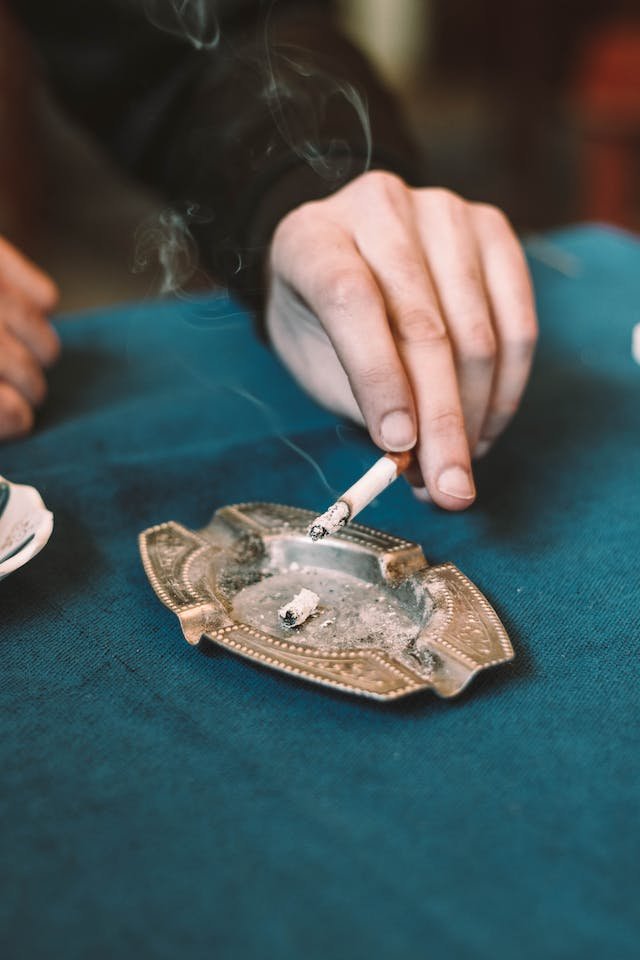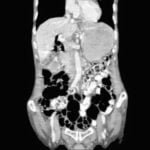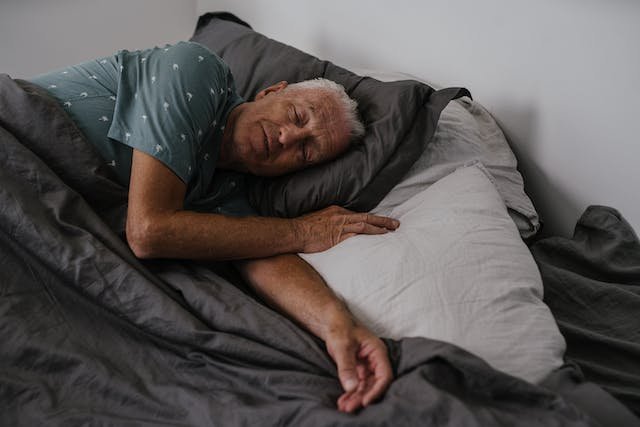
Quitting smoking here is how !
Dr. Vipul Agarwal
M.B;B.S MD(Internal Medicine), FAGE, CPCDM(RSSDI)
Consultant physician & Diabetologist
Unique Healthcare
Maitri Clinic
Jaipur, Rajasthan, India
You can find me at-
E-mail: vipul.msrmc@gmail.com
linkedIn/ Instagram/ facebook / Google
What are the benefits of quitting smoking?
Quitting smoking can dramatically improve your health and help you live longer. It lowers your risk of heart disease, lung disease, kidney failure, cancer, infection, stomach problems, and diabetes.
Quitting smoking can also lower your chances of getting osteoporosis, a condition that makes your bones weak.
Quitting is not easy for most people, and it might take several tries to completely quit. But help and support are available. Quitting smoking will improve your health no matter how old you are, even if you have smoked for a long time.
What should I do if I want to quit smoking?
It’s a good idea to start by talking with your doctor. It is possible to quit on your own, without help. But getting help greatly increases your chances of quitting successfully.
When you are ready to quit, you will make a plan to:
- Set a quit date.
- ell your family and friends that you plan to quit.
- Plan ahead for the challenges you will face, such as cigarette cravings.
- Remove cigarettes from your home, car, and work.
How can my doctor help?
Your doctor can give you advice on the best way to quit. They can also give you medicines to:
- Reduce your craving for cigarettes
- Reduce your “withdrawal” symptoms (symptoms that happen when you stop smoking)
Your doctor or nurse can also help you find a counselor to talk to. For most people who are trying to quit smoking, it works best to use both medicines and counseling.
You can also get help www.smokefree.gov.
What are the symptoms of withdrawal?
When you stop smoking, you might have symptoms such as:
- Trouble sleeping
- Feeling irritable, anxious, or restless
- Getting frustrated or angry
- Having trouble thinking clearly
These symptoms can be hard to deal with, which is why it can be so hard to quit. But medicines can help.
Some people who stop smoking become temporarily depressed. Some people need treatment for depression, such as counselling or medicines or both. People with depression might:
- No longer enjoy or care about doing the things they used to like to do
- Feel sad, down, hopeless, nervous, or cranky most of the day, almost every day
- Lose or gain weight
- Sleep too much or too little
- Feel tired or like they have no energy
- Feel guilty or like they are worth nothing
- Forget things or feel confused
- Move and speak more slowly than usual
- Act restless or have trouble staying still
- Think about death or suicide
If you think you might be depressed, tell your doctor right away. They can talk to you about your symptoms and recommend treatment if needed.
Get help right away if you are thinking of hurting or killing yourself!
Sometimes, people with depression think of hurting or killing themselves. If you ever feel like you might hurt yourself, help is available:
- Call your doctor and tell them that it is an emergency.
- Call for an ambulance (in the India call 1-0-8).
- Go to the emergency department at your local hospital.
If you think your partner might have depression, or if you are worried that they might hurt themselves, get them help right away.
How does counseling work?
A counselor can help you figure out:
- What triggers you to want to smoke, and how to handle these situations
- How to resist cravings
- What you can do differently if you have tried to quit before
You can meet with a counselor in 1-on-1 sessions or as part of a group. There are other ways to get counseling, too, such as over the phone, through text messaging, or online.
How do medicines help you stop smoking?
Different medicines work in different ways:
- Nicotine replacement therapy – Nicotine is the main drug in cigarettes, and the reason they are addictive. These medicines reduce your body’s craving for nicotine. They also help with withdrawal symptoms.
There are different forms of nicotine replacement, including skin patches, lozenges, gum, nasal sprays, and inhalers. Most can be bought without a prescription.
It often helps to use 2 forms of nicotine replacement. For example, you might wear a patch all the time, plus use gum or lozenges when you get a craving to smoke.
- Varenicline – Varenicline is a prescription medicine that reduces withdrawal symptoms and cigarette cravings. Varenicline can increase the effects of alcohol in some people. It’s a good idea to limit drinking while you’re taking it, at least until you know how it affects you.
Even if you are not yet ready to commit to a quit date, varenicline can help reduce cravings. This can make it easier to quit when you are ready.
- Bupropion – Bupropion is a prescription medicine that reduces your desire to smoke. Doctors do not usually prescribe bupropion for people with seizures or who have had seizures in the past.
It might also be helpful to combine nicotine replacement with bupropion or varenicline. In some cases, a person might even take both bupropion and varenicline. Your doctor can help you figure out the best combination for you.
What about e-cigarettes?
Sometimes people wonder if using electronic cigarettes, or “e-cigarettes,” can help them quit smoking. Using e-cigarettes is also called “vaping.” Doctors do not recommend e-cigarettes in place of using of medicines and counseling. That’s because e-cigarettes still contain nicotine as well as other substances that might be harmful. It’s also not clear how they can affect a person’s health in the long term. Moreover, vaping is banned in india
What if I am pregnant and I smoke?
If you are pregnant, it’s really important for the health of your baby that you quit. Ask your doctor what options you have, and what is safest for your baby.
What if I have already smoked for a long time?
The longer you have smoked, the higher your chances are of having health problems. But it is never too late to quit smoking. It helps your health even if you are older or have smoked for many years. The best thing you can do to lower your chance of having a health problem caused by smoking is to quit.
Will I gain weight if I quit?
You might gain a few pounds. This can be frustrating for some people. But it’s important to remember that you are improving your health by quitting smoking. You can help prevent gaining a lot of weight by staying active and eating a healthy diet.
What if I am not able to quit?
If you don’t quit on your first try, or if you quit but then start smoking again, don’t give up hope. Lots of people have to try more than once before they are able to completely quit.
It might help to try to understand why quitting did not work. There might be something you can do differently when you try again. It can help to figure out which situations make you want to smoke, so you can avoid them.
What else can I do to improve my chances of quitting?
You can:
- Get regular exercise. Any type of physical activity, even gentle forms of movement, is good for your health. Physical activity can also help reduce stress.
- Stay away from people who smoke and places that make you want to smoke. If people close to you smoke, ask them to quit with you or avoid smoking around you.
- Carry gum, hard candy, or something to put in your mouth. If you get a craving for a cigarette, try 1 of these instead.
- Don’t give up, even if you start smoking again. It takes most people a few tries before they succeed.
View in browser :The Health Guide
Join the mailing List of The Health Guide
Join the mailing list!
Get the latest articles delivered right to your inbox!




